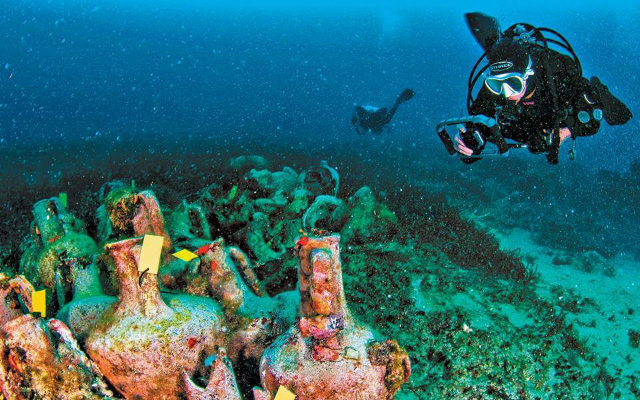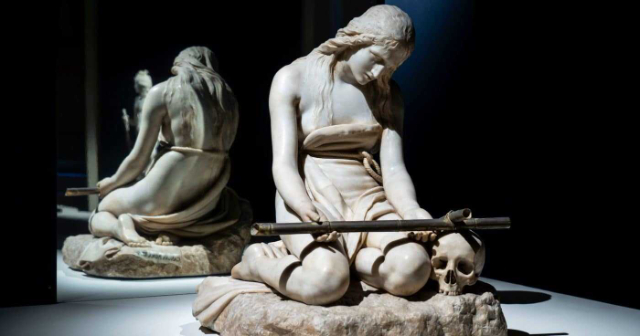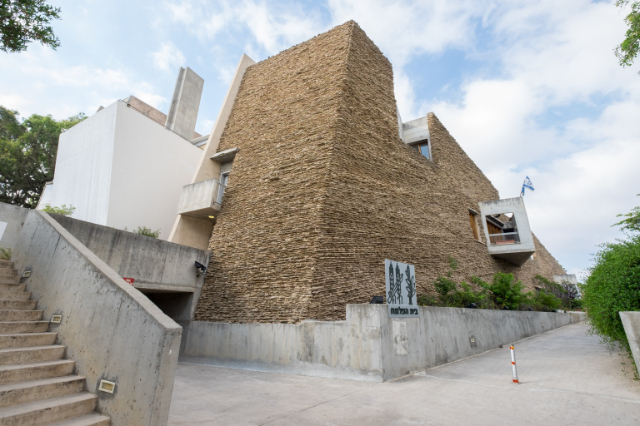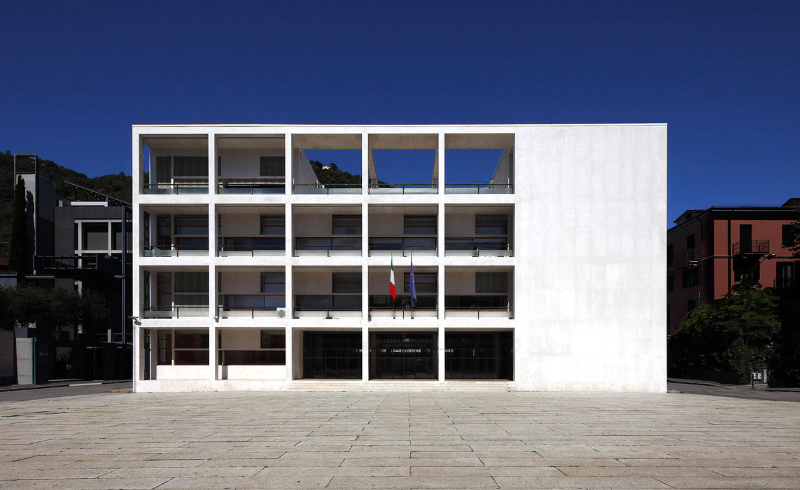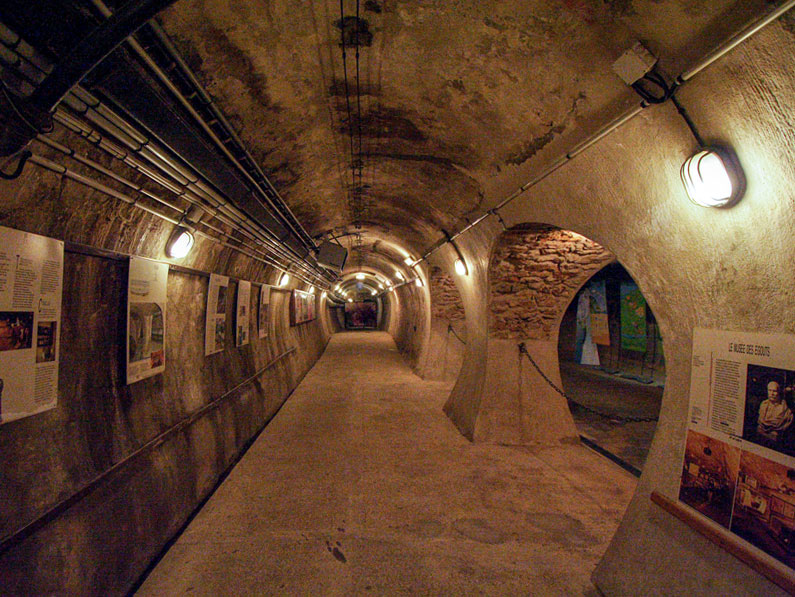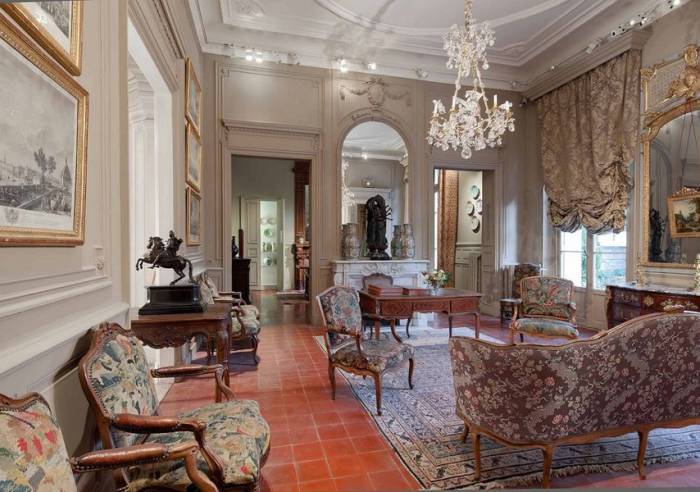The innovative underwater museum off the coast of Alonissos is not just a game-changer for Greece’s tourism but also a boon for archaeologists and historians around the globe. While the pandemic has put a dent in travel plans, this museum offers a new kind of experience that could be a cornerstone for sustainable tourism. It also marks a pivotal moment for underwater archaeology, throwing open the doors to a site that was once the preserve of select researchers.
Beyond the Peristera wreck and its cargo of amphorae, the museum is situated in the National Marine Park of Alonissos and Northern Sporades, a sanctuary for rare marine life like the Mediterranean monk seal. The park itself offers myriad opportunities for sustainable tourism, including snorkeling, marine wildlife watching, and even educational programs on marine conservation.
The local communities stand to benefit greatly from this new form of tourism. The island of Alonissos, known for its pristine beaches and crystal-clear waters, can now add historical and educational tourism to its portfolio. This could be a catalyst for local businesses to develop services around eco-tourism and educational packages, thus diversifying income streams and making the local economy more resilient.
Interestingly, the Peristera wreck also opens up new avenues for research and study. The cargo it carried gives a fascinating glimpse into the trade networks of the ancient world. The amphorae originated from specific Greek cities, which could provide clues about the trade routes and economic relationships of the time. The wreck could also shed light on shipbuilding techniques of the era, as it challenges the previously held belief that large vessels of its kind were first built in Roman times.
Moreover, it’s not just the what and the how, but the why that intrigues researchers. Why did such a massive and well-stocked ship sink? Was it due to natural calamities, or does it tell a tale of ancient warfare? The theories could be endless, and each holds the promise of rewriting a chapter of ancient history.
In a world where tourism is looking for its next big idea, the underwater museum of Alonissos sets a precedent. It’s a perfect blend of adventure, history, and sustainability. For Greece, a country that prides itself on its rich history and stunning landscapes, this new attraction could be the ticket to reviving its tourism sector in a way that respects both its past and its future.

